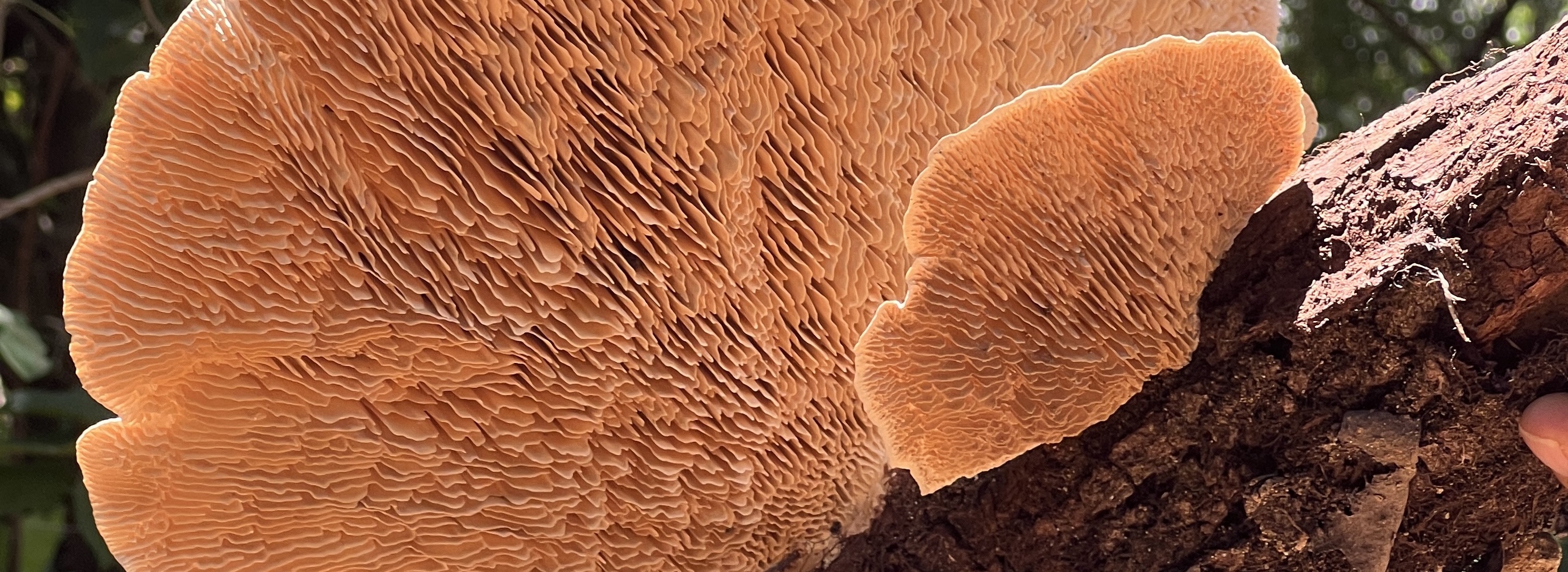
Monteverde Institute: Tropical Ecology and Conservation
Alternative Title
Los efectos de la presencia de depredadores en el comportamiento de forrajeo de los murciélagos nectarívoros
Files
Download Full Text (292 KB)
Publication Date
August 2004
Abstract
For many species, predator avoidance changes normal foraging behavior, altering optimal foraging strategies. In this study, foraging behavior of bats was examined by observing the number of feeding visits to control feeders in comparison to feeders with an artificial snake or owl in close proximity. Trials were also performed between snake and owl treatments to determine if one predator was more strongly avoided during feeding. Nectarivorous bats were found to exhibit predator avoidance behaviors for both snake and owl predators (P < 0.0001, P < 0.0001). There was no significant difference in trials comparing owl and snake avoidance, suggesting that bats do not fear one more than the other (P = 0.947). This study shows that predator presence must be taken into account along with search time, handling time, and caloric reward when evaluating optimal foraging models with necatarivorous bats.
Resumen
Para muchas especies, evitar al depredador cambia el comportamiento normal para forrajear, alterando las estrategias óptimas para forrajear. En este estudio, se examinó el comportamiento para forrajear de murciélagos observando el número de visitas al alimentarse en los comederos control en comparación con los comederos con una serpiente o un búho artificial cerca en proximidad. Se realizaron ensayos también entre los tratamientos con serpiente y con búho para determinar si un depredador fue evitado más fuertemente durante la alimentación. Se encontró que los murciélagos nectarívoros exhibieron comportamientos para evitar los depredadores tanto para el depredador serpiente y el búho (P < 0.0001, P < 0.0001). No hubo diferencia significativa en los ensayos que comparaban el evitar el búho y la serpiente, sugiriendo que los murciélagos no temen a uno más que al otro (P = 0.947). Este estudio demuestra que la presencia del depredador se debe tomar en cuenta junto con tiempo de búsqueda, manejando el tiempo, y la recompensa calórica cuando se evalúan los modelos óptimos con los murciélagos nectarívoros.
Keywords
Bats--Behavior, Predation (Biology), CIEE Summer 2004
Palabras claves
Murciélagos--Comportamiento, Depredación (Biología), CIEE Verano 2004
Extent
8 pages
Geographic Location
Santa Elena (Puntarenas, Costa Rica)
Holding Location
Monteverde Institute
Language
English; Spanish
Media Type
Articles
Format
Digital Only
Identifier
M39-00182
Type
Book
Recommended Citation
Heuer, Rachael, "The effects of predator presence on nectarivorous bat foraging behavior, August 2004" (2004). Monteverde Institute: Tropical Ecology and Conservation. 396.
https://digitalcommons.usf.edu/tropical_ecology/396


